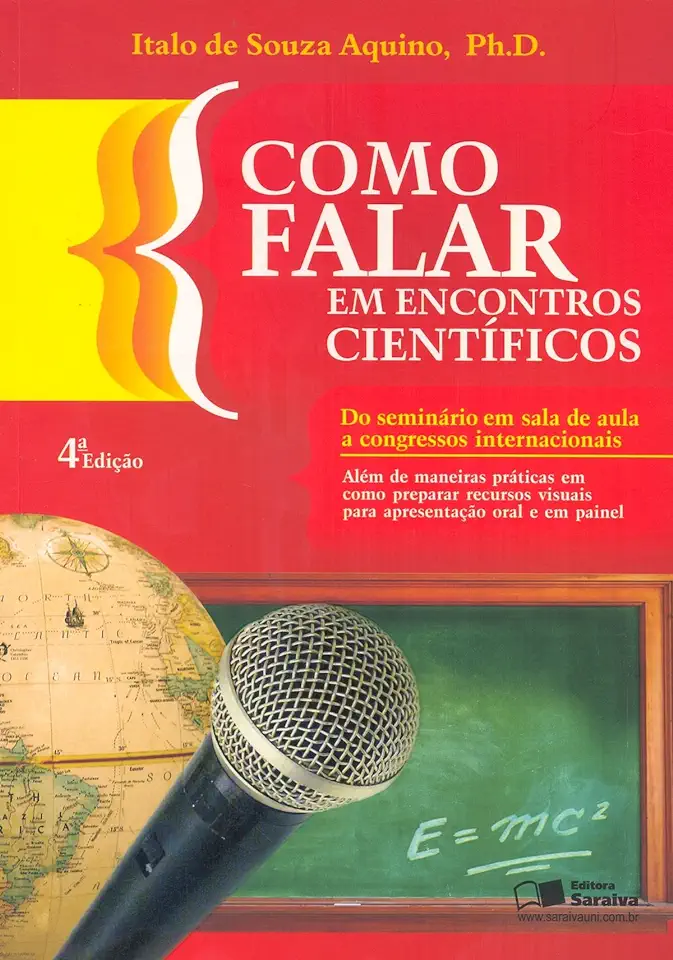
How to Speak at Scientific Meetings - Italo de Souza Aquino
How to Speak at Scientific Meetings: A Guide for Scientists and Engineers
Introduction
In today's competitive scientific environment, it is more important than ever to be able to communicate your research effectively. Whether you are presenting at a conference, giving a seminar, or defending your dissertation, your ability to speak clearly and persuasively can make all the difference.
The Importance of Effective Communication
There are many reasons why effective communication is important for scientists and engineers. First, it allows you to share your research with others and get feedback on your work. This can help you to improve your research and identify new areas for investigation. Second, effective communication can help you to build relationships with other scientists and engineers, which can lead to collaborations and other opportunities. Third, effective communication can help you to promote your research and get it published in journals and conferences.
The Challenges of Scientific Communication
While effective communication is important, it can also be challenging. There are a number of factors that can make it difficult to communicate scientific information, including:
- The complexity of scientific information
- The jargon and technical terms used in science
- The different backgrounds and interests of scientists and engineers
How to Overcome the Challenges of Scientific Communication
Despite the challenges, there are a number of things you can do to improve your scientific communication skills. Some of the most important tips include:
- Know your audience. Before you start writing or speaking, take some time to think about your audience. What is their level of knowledge about your topic? What are their interests? What do you want them to know or do after they hear your presentation?
- Use clear and concise language. Avoid using jargon and technical terms that your audience may not be familiar with. Use simple, straightforward language that everyone can understand.
- Be organized. Make sure your presentation has a clear structure and that you flow smoothly from one point to the next.
- Use visuals. Visuals can help to illustrate your points and make your presentation more engaging.
- Practice, practice, practice! The best way to improve your scientific communication skills is to practice. Give presentations to your colleagues, friends, or family. Get feedback on your performance and make improvements.
Conclusion
Effective communication is an essential skill for scientists and engineers. By following the tips in this book, you can improve your scientific communication skills and become a more effective communicator.
About the Author
Italo de Souza Aquino is a professor of physics at the University of São Paulo. He is the author of several books and articles on scientific communication. He is also a sought-after speaker and has given presentations at conferences and universities around the world.
Enjoyed the summary? Discover all the details and take your reading to the next level — [click here to view the book on Amazon!]